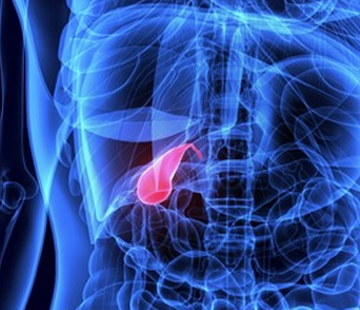Current Research

Current Research
As new research continues to emerge, it is essential to stay up to date with the latest findings.
- Genetic and molecular research: Scientists are investigating the genetic and molecular factors contributing to the development of choledochal cysts. Identifying specific genes and pathways involved in the formation of these cysts could lead to a better understanding of the underlying mechanisms and potentially pave the way for novel therapeutic strategies.
- Improved imaging techniques: Researchers are working on refining imaging techniques, such as magnetic resonance cholangiopancreatography (MRCP) and endoscopic ultrasound (EUS), to enhance the accuracy of diagnosis and classification of choledochal cysts. These advancements may help in better surgical planning and decision-making.
- Minimally invasive surgical approaches: The development and refinement of minimally invasive surgical techniques, such as laparoscopic and robotic-assisted surgery, are ongoing. These approaches aim to reduce postoperative complications, shorten hospital stays, and improve patient outcomes.
- Long-term surveillance and management: Studies focusing on the long-term outcomes of patients with choledochal cysts, both after surgical intervention and in those managed conservatively, are crucial for understanding the most effective management strategies. Researchers are also working on identifying risk factors for postoperative complications and malignancy to optimize long-term care.
- Patient-reported outcomes and quality of life: Research into the impact of choledochal cysts and their treatment on patient-reported outcomes and quality of life is essential for guiding decision-making and tailoring patient care. Understanding the patients’ perspectives on their symptoms, functional status, and overall well-being can help healthcare providers better address their needs.
In summary, current research in choledochal cysts focuses on genetic and molecular factors, improved imaging techniques, minimally invasive surgical approaches, long-term surveillance and management, and patient-reported outcomes and quality of life. As new research emerges, it is vital to stay informed of the latest findings to ensure the most accurate and up-to-date information is available for patients and healthcare providers.
Check out our success stories.